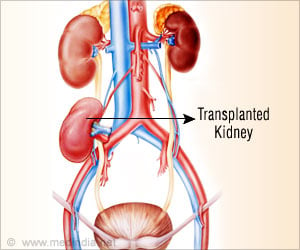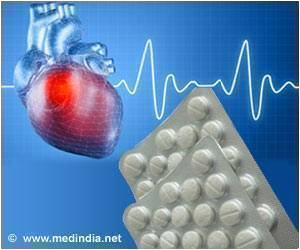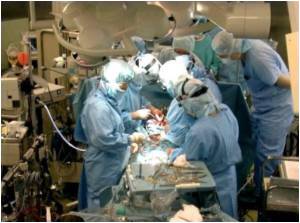Patients who received 24/7 intensivist physician care had a seven percent lower risk (26% vs 19%) of experiencing major complications.

‘The risk of a cardiac surgery is higher if you have other diseases or conditions, such as diabetes, kidney disease, lung disease, or peripheral arterial disease.’





The study examined the results of more than 3,000 Alberta patients at the University of Alberta Hospital and Mazankowski Alberta Heart Institute. Half were cared for at night by resident physicians over a seven-year period (2006-2013), with the other half cared for by dedicated in-house intensivist physicians over a period of 17 months (2013 and 2014). "There have previously been large studies [examining this issue in general ICU units] and they have not found any benefit to taking residents away or adding staff physicians," said study author Marc Benoit, a fellow in cardiology at the University of Alberta. "But we thought the cardiac ICU here might be different because the patients are more complex. Someone with a heart transplant who is sick is different than a standard hospital patient."
"With more senior staff in-house at night, people were taken off the ventilators faster and we think there probably was more attention to detail for infection prevention. That is a possible explanation."
Benoit stressed the findings were observational and that it cannot definitively be said that the change in staffing model was responsible for the outcomes. While the findings seem to support the use of senior physicians in specialized cardiac surgery ICUs, Benoit also notes that each hospital has unique circumstances and that careful thought needs to be put into the staffing of each of them.
"When looking at this issue of nighttime staffing, we need to consider the patient population. So maybe it's not beneficial to keep senior physicians in-house in every single ICU, but it might be in some more complex units," said Benoit.
Advertisement
Source-Eurekalert













